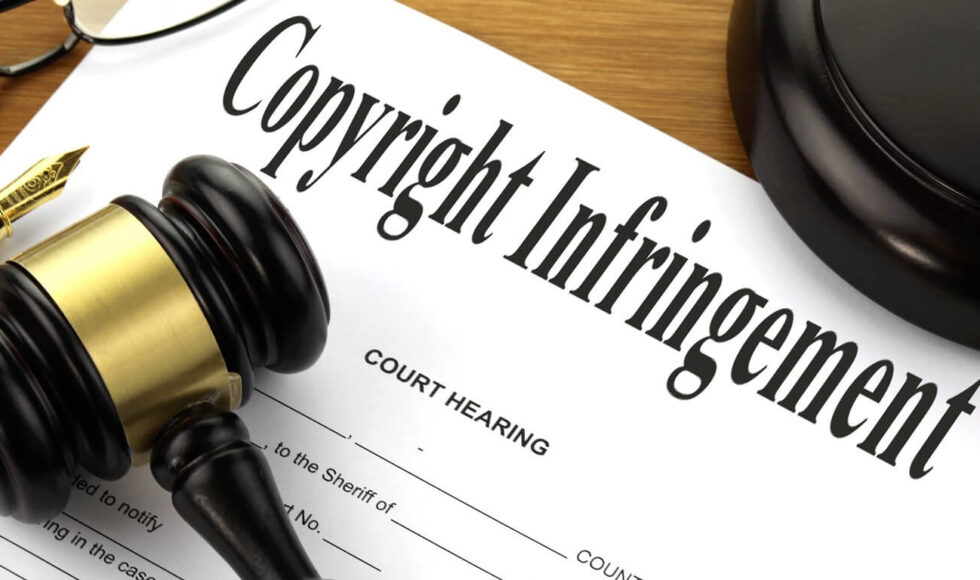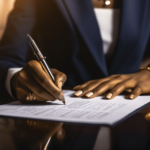Garfield Spence [a.k.a Koshens] Vs Airtel Uganda Limited & 2 others Civil Suit No. 545 of 2015. Judgment delivered on 21/08/2023 by Her Lordship Patricia Mutesi.
Attention!
Copyright infringement is not restricted to persons who unlawfully deal with protected works but it also applies to any person who ‘causes’ or ‘permits’ such unlawful dealings to be done Secondary infringement of copyright ensures that abettors of the primary infringement are also held liable for infringement.
Background to the case.
The Plaintiff; a Jamaican singer, sued the Defendants jointly and severally for infringing his copyright in select songs. He further sued seeking an account & remission of profits that had accrued from the sale of his songs. The Plaintiff’s claim was based on the sale of his songs as caller tunes by the Defendants without his consent and further without passing to him the proceeds hence infringing his copyright in the songs and unjustly enriching themselves. It was the 1st Defendant’s defense that he was indemnified by the 2nd Defendant from any liability pursuant to the Caller Ring Back Tone Services Agreement executed by the parties. It was the 2nd Defendant’s Defense that pursuant to the Content Provider Agreement with the 3rd Defendant and 3rd party respectively, the 3rd Defendant and 3rd party respectively indicated that they had sought and obtained the necessary licenses for the suit songs and therefore the 2nd Defendants were not liable for any infringement. It was the 3rd Defendant’s Defense that in their agreement with the 2nd Defendant, they had specifically listed the songs for which they had licenses and the suit songs were not among them and it therefore followed that they were not liable. The major issue for the Court’s determination was whether the Defendants infringed the Plaintiff’s copyright in the songs
Judgement
The Court in finding that the 1st & 2nd Defendants had infringed the Plaintiff’s copyright in the suit songs held interalia as follows:
- The Plaintiff as the owner of the copyright in the suit songs has the exclusive right to sell and commercially exploit them or authorize others to do so on his behalf.
- The distribution and sale of the suit songs as caller tunes by the 1st & 2nd Defendants without the Plaintiff’s consent or authorization amounted to an infringement of his copyright in the said songs.
- Copyright infringement is not restricted to persons who unlawfully deal with protected works but it also applies to any person who ‘causes’ or ‘permits’ such unlawful dealings to be done i.e. aiders and abettors of the primary infringement (Secondary infringement).
- In this case, by opening up its mobile network system to the 2nd Defendant for the purpose of enabling it to distribute the suit songs to its subscribers and subsequently publishing an advert to its customers urging them to subscribe to the suit songs as “caller tunes” with clear instructions, the 1st Defendant enabled and facilitated copyright infringement hence making it a secondary infringer.
- Further, by not conducting further due diligence to ascertain whether indeed the 2nd Defendant had acquired all the necessary licenses to the suit songs and by further receiving some of the proceeds from the infringement, the 1st Defendant was culpable as a secondary infringer.
- The 1st & 2nd Defendants unjustly enriched themselves when they distributed and sold the suit songs without the Plaintiff’s permission and without remitting to him the proceeds generated from the distribution.
- The defense of indemnity as pleaded by the 1st Defendant as against the 2nd Defendant in this case could not stand because the suit songs were not part of the catalogue of songs that the 3rd Defendant and the 3rd party respectively had indicated to have licenses for, in their agreement with the 2nd Defendant.
Effect of the judgement
The Court in this case emphasized the principle of secondary infringement. This principle is derived from Section 46 of the Copyright and Neighboring Rights Act 2006, which provides that infringement of copyright occurs where a person without a valid transfer or license does or causes or permits the distribution by sale of any work protected under the Act. To that end, copyright infringement extends to persons who cause or permit unlawful dealings to be done to the copyrighted works. Secondary infringement of copyright ensures that those who aid and abet primary infringement are also held liable for infringement. Copyright law provides protection to owners of copyrighted work against those who aid and abet the primary infringement. Therefore, one can be held liable for copyright infringement for indirectly taking part in the infringing acts.
Concluding Observationas
It is of utmost importance that thorough due diligence is undertaken before dealing in work that is not one’s original work. As highlighted in this case, the defense of indemnification is no longer available in instances where the party using the work has not demonstrated that they took additional steps to indeed verify that no copyright would be infringed in their usage of the work. It is now more crucial and critical than ever that copyright legal practitioners go “beyond the standard way of drafting contracts” and ensure that all necessary enabling documentation is available and that their Client is fully protected should a claim of copyright infringement ever arise.
In a nutshell, the “indemnification contractual clause” is now fully redundant in cases where no due diligence was conducted and the indemnified party is as liable for copyright infringement as the indemnifier; a case of what is good for the goose being good for the gander.
Disclaimer: No information contained in this alert should be construed as legal advice from Namara Musinguzi & Co. Advocates or the individual authors, nor is it intended to be a substitute for legal counsel on any subject matter
Prepared By:
Ann Namara Musinguzi (Managing Partner)
ann@namaramusinguziadvocates.com
Ainomugisha Anita ( Legal Associate)
anita@namaramusinguziadvocates.com



